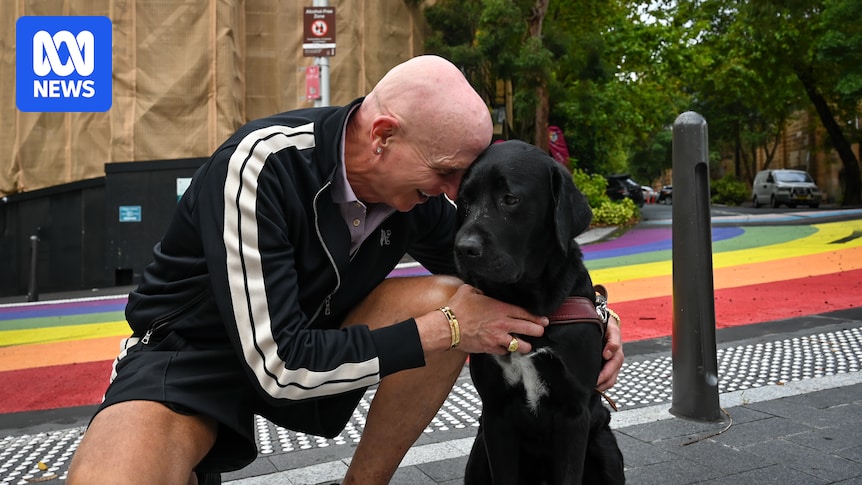
The World Surf League (WSL) has canceled a major competition in Spain, the Donostia Junior Pro, following a controversial demand for Israeli athletes to compete under a “world” flag rather than their national flag. This decision, made just days before the event was set to begin on June 6, 2025, has sparked significant debate and financial repercussions.
The cancellation was prompted by an email sent to the Israeli surfers, requiring them to forgo their national symbol. The athletes refused, leading to the WSL’s decision to withdraw its sanctioning of the event. This move has been met with disappointment from participants and fans alike, who were eagerly anticipating the competition.
WSL’s Stance on Discrimination
The WSL’s decision was rooted in its commitment to non-discrimination. In a statement to surf blog The Inertia, the league emphasized its zero-tolerance policy for any form of discrimination, harassment, or abuse. The WSL highlighted that the demand made by the San Sebastián City Sports Councilor breached multiple provisions in their Rule Book, particularly those ensuring athlete entry and seeding remain free from arbitrary exclusion.
“The WSL has terminated the Event License Agreement and the Donostia Junior Pro event will no longer be a WSL-sanctioned event. The WSL acknowledges the inconvenience this causes to competitors, partners, and fans.”
Additionally, the WSL cited concerns about the safety of all participants, which could not be guaranteed under the altered conditions. This underscores the league’s broader commitment to maintaining a safe and inclusive environment for all athletes.
Historical Context and Previous Incidents
This incident is not the first time Israeli athletes have faced challenges related to their national identity in international competitions. Earlier this year, at a Qualifying Series event in Morocco, Israeli surfer Anat Lelior made headlines as the first Israeli to qualify for the Challenger Series. However, during the event, the Israeli flag was concealed, a decision made by the athletes themselves for security reasons in the Muslim-majority country. The WSL supported their choice, emphasizing the complex realities Israeli athletes often face.
These incidents highlight the ongoing geopolitical tensions that can spill over into international sports, affecting athletes who simply wish to compete on a global stage. The surf community, like many others, is not immune to these broader political dynamics.
The Broader Implications
The cancellation of the Donostia Junior Pro has broader implications for the surf community and international sports. It raises questions about the role of politics in sports and the responsibilities of governing bodies like the WSL to uphold principles of fairness and safety.
For the Israeli athletes, this situation is emblematic of the challenges they face, caught in the crossfire of geopolitical realities. Many argue that sports should serve as a unifying force, transcending national and political boundaries. However, as this incident demonstrates, achieving this ideal can be fraught with challenges.
From an outsider’s perspective, the situation might seem straightforward, but the complexities of Middle Eastern politics often defy simple explanations. The Israeli-Palestinian conflict, with its long and intricate history, continues to influence perceptions and decisions far beyond the region.
Opportunities for Dialogue
Despite the disappointment surrounding the event’s cancellation, it presents an opportunity for dialogue within the surf community and beyond. Engaging in open conversations about these issues could foster greater understanding and cooperation among athletes, fans, and governing bodies.
The surf community, like many others, must navigate these complex waters with sensitivity and a commitment to inclusivity. By addressing these challenges head-on, there is potential to create a more equitable and understanding environment for all participants.
As the situation develops, the WSL and other sports organizations will need to consider how best to balance their commitments to inclusivity and fairness with the realities of international politics. The hope is that through dialogue and understanding, the surf community can emerge stronger and more united.





